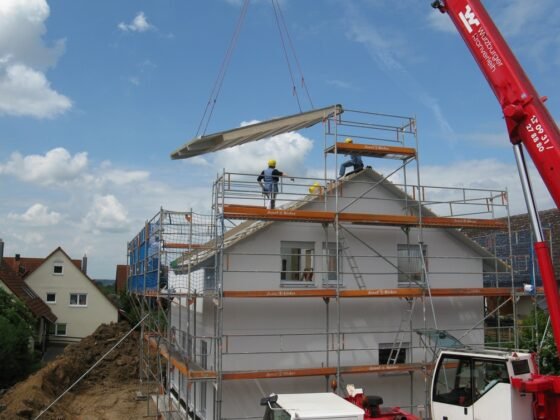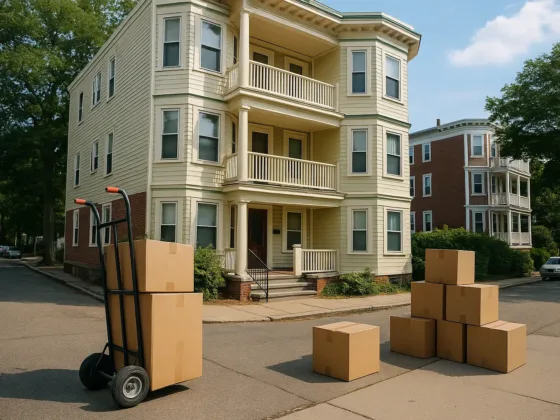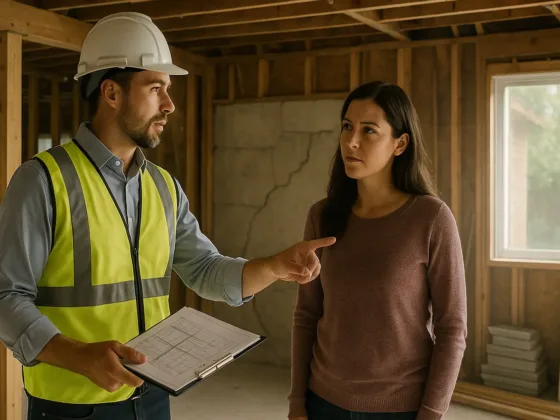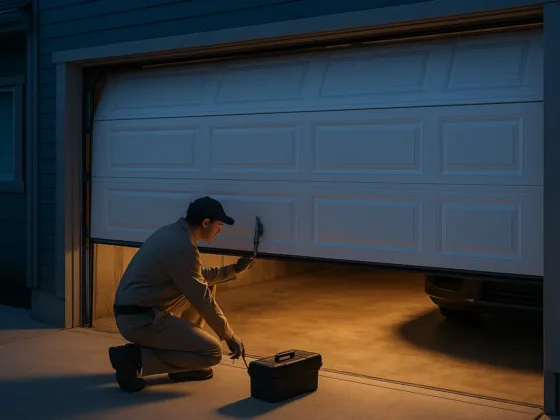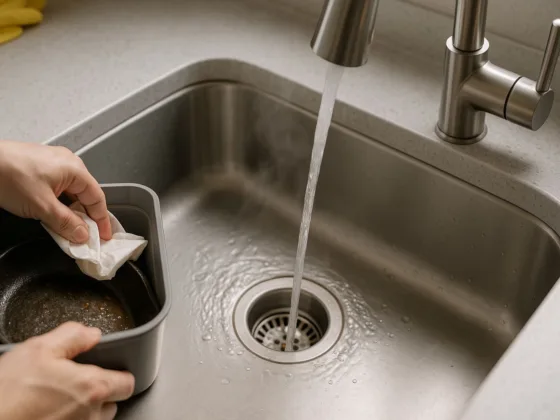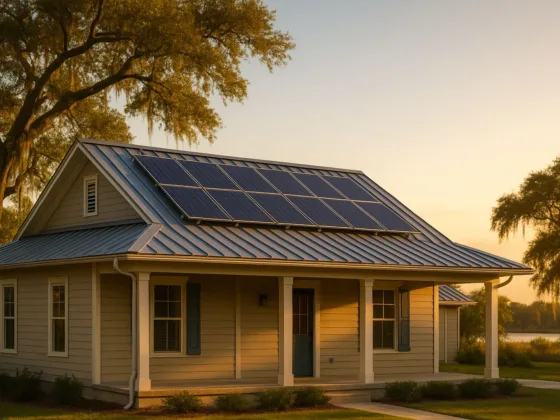Table of Contents Show
Those who are searching for condos to buy and are doing so the first time, they are more than likely to encounter some hurdles and some concepts they were not familiar with.
Among those terms first-time buyers will encounter is the ‘status certificate.’ Whilst many may not know what this certificate is, having it for the condo to buy is key to making a successful purchase of a condo.
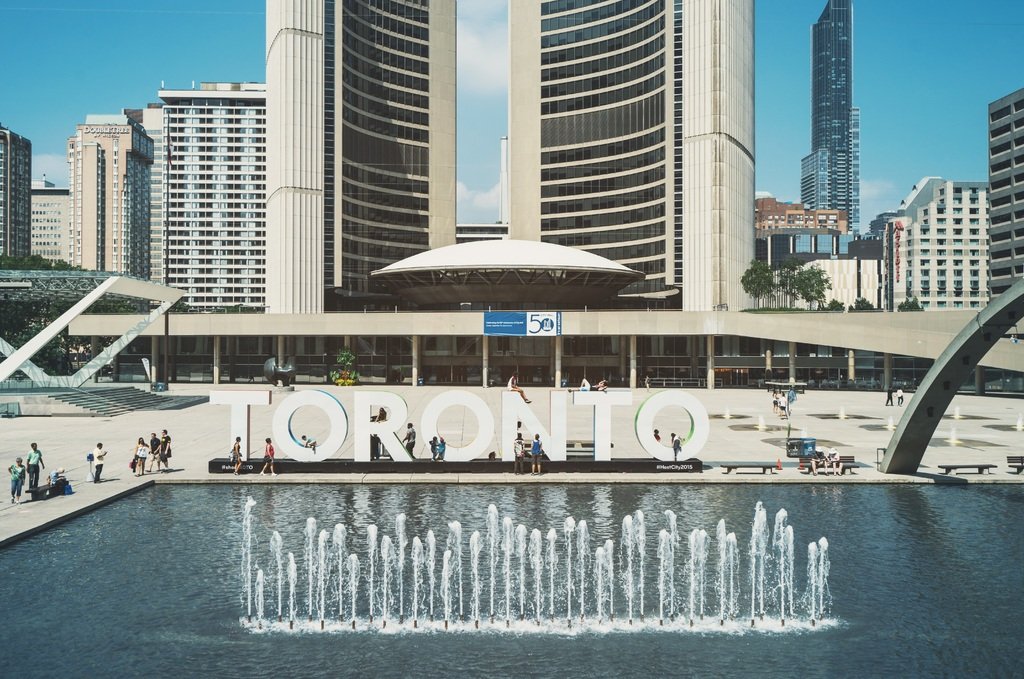
In simple words, a status certificate provides crucial information regarding a condo unit as well as the financial status of the condo corporation overseeing that unit and the whole complex.
With the aid of a lawyer, It can be used to see whether the condo complex is managed properly or not before buyers sign the papers to buy a unit.
For those who are searching for the right condo unit, here is what they will need to understand about status certificates.
Status Certificates – What Do They Contain?
When prospective buyers receive their status certificate, it will come to them as part of a packet pertaining to the unit they are considering buying. Inside the package, they can find financial statements, information regarding maintenance fees, and disclosures related to any lawsuits or related legal issues.
This package should also contain the budget of the condo corporation as well as the minutes from the condo board’s recent committee meeting. Additionally, here are some of the specific things buyers should look for in the status certificate package:
The Rules, Bylaws, and Declarations
A condo declaration is a key to the formation of a condo corporation. Fundamentally, it is a set of documents containing basic information about a particular building.
Examples include the boundaries of condo units and the amount each owner must pay for common elements (exhibited as a percentage of the overall budget).
The declaration is one of the two legal documents that are needed to make a condo corporation, especially when a new building is registered with the local Land Registry Office.
ByLaws are instrumental in explaining and laying out the way a building governs itself. It includes details like the number of directors present on the condo building’s board, the common board meeting procedures, and the way the condo corporation’s affairs are being carried out.
They are usually administrative details but are useful for new condo owners to understand a thing or two.
The condo building’s rules relate to what condo unit owners can do and cannot do. There are things like whether or not condo owners can have pets, understanding noise regulations, and whether or not residents can have a propane-powered barbecue on their condo’s patio. Also, allotment policies surrounding parking spaces also comprise part of these rules.
Read Also:
It Also Shows a Recent Study Regarding the Condo’s Reserve Fund
A condo’s reserve fund contains money set aside for repairs and replacements in common areas that come unexpectedly.
The complex’s reserve fund is a separate account from the condo’s operating fund and is usually set up within a financial institution like a bank, a loan & trust corporation, or a credit union.
To find out how much should be present in a given condo reserve fund, a financial specialist must complete a study within the first year of a building’s incorporation (and after every three years too from that study).
Prospective owners of new units of Toronto condos will definitely want to see what is in a building’s reserve fund before they opt to purchase a unit there.
Why? Because a portion of their monthly building expenses will be directly deposited into the reserve fund. This fund ensures the condo corporation has enough money to carry out any future repairs.
This is the reason why the status certificate will contain the results of the building’s most recently created report. Hence prospective buyers must keep a vigilant eye for that report when they are inspecting a condo’s status certificate.
Information Regarding Special Assessments
A special assessment is basically a financial contribution that unit owners must pay in addition to their monthly fees.
Special assessment fees are basically charged that the board of directors of a condo building can charge without the need to receive permission from owners of individual condo units first.
These charges can be charged by the condo board for covering a specific expense (like an unexpected expense or a legal judgment against the condo complex). Within the status certificate, buyers can find information about existing special assessments, provided if there are any.
It is also important to note that for most condo associations, homeowners neglecting to pay special assessment fees risk consequences that arise if they neglect to pay their common element fees as well.
Why Do Condo Buyers Need to Obtain One of These Certificates?
The whole idea behind obtaining a status certificate and reviewing it carefully is that buyers obtain real-time insights into how good is their prospective condo building doing and whether or not, should they proceed to live there by purchasing their desirable condo unit.
Questionable building management is an indicator of high costs, future maintenance problems along with other potential issues even when condo unit owners try to exercise their rights.
Fortunately, prospective buyers should be able to spot some common red flags in their status certificates. Among those indicators are a badly balanced budget, a reserve fund having an insufficient amount, or pending legal litigation (which could be a bad sign depending on the situation at hand).
At the same time, it is also important to ensure that any building buyers take into consideration should suit their lifestyle. This is why they must read the rules and bylaws in the certificate carefully and with diligence.
If prospective condo buyers have numerous pets that may not be allowed to come with them, or love to have a barbecue but are not allowed to have one on their deck space; they could be potentially negative lifestyle-related obstacles found in the status certificate.
How Can Prospective Condo Buyers Obtain a Status Certificate?
For prospective buyers to obtain a copy of a status certificate for a condo unit, they should submit a written request to the condo corporation, along with the required charges (usually C$100).
Torontonians are lucky because a condo unit’s seller will usually be willing to pay that amount for them as this aspect of the purchase can be negotiated.
Once it has been requested, it will take only ten days for prospective buyers to receive the status certificate documents package.
If buyers are planning on purchasing the condo after they have reviewed the status certificate, they will have a limited amount of time to review the certificate before signing their Purchase and Sale Agreement.
Usually, they have between 48 to 72 hours to review the certificate. Fortunately, the buyer’s agent can be able to negotiate for more time on their behalf, if the need arises.
It is important to have the legal representative also carefully examine the status certificate buyers have before the purchase agreement can be signed. Hence, buyers must have more time so their lawyer can examine the document before the purchase can be finalized.
Conclusion
Obtaining and reviewing the status certificate is one key step in the process of acquiring a condo unit. For buyers to be sure their next purchase is smooth and free of hurdles at all points, it is recommended for them to work with an experienced local real estate professional with expertise in dealing with condos because many realtors nowadays use property management software because which makes them more efficient.

